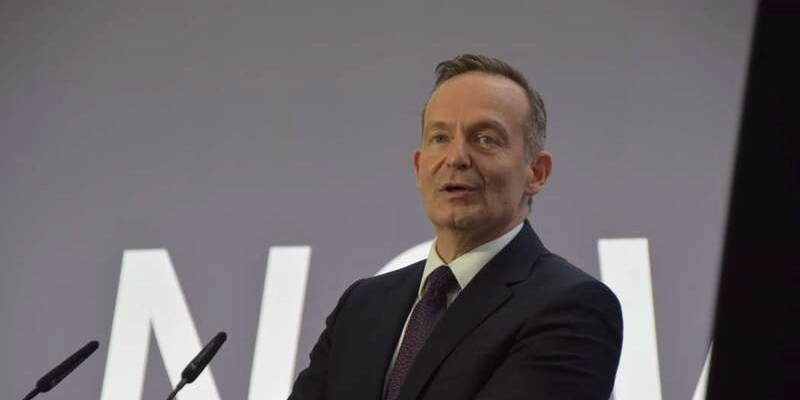The Federal Ministry for Digital and Transport (BMDV) and Autobahn GmbH have announced an extension for companies interested in applying to develop fast-charging infrastructure for electric trucks along German motorways.
The original deadline, set for 18 October 2024, has now been extended, allowing applications to be submitted until 8 November at 12:00.
Sector insiders suggest that this extension may respond to the low initial participation recorded in the initial call.
What is the call about?
Since mid-September, Germany has initiated a tender for the development of fast-charging infrastructure across over 130 unmanaged rest areas along its motorways.
The aim is to create a comprehensive and reliable network for electric trucks.
This project seeks not only to meet charging needs for heavy-duty transport but also to contribute to reducing CO2 emissions in the logistics sector, a goal aligned with Europe’s sustainability policies.
With this recent update, the original tender referenced under number 553148-2024 has been replaced by version 619037-2024.
Despite the extension for submitting applications, the timeline for subsequent stages remains unchanged, with the submission of detailed offers scheduled for 18 November 2024.
The selection process will continue in several stages, leading to a final award in the second half of 2025, and it is expected that the infrastructure will become progressively operational until 2030.
What are the reasons behind the extension?
Although the official announcement did not specify the reason for the extension, industry sources believe that low initial participation could be the primary factor.

As Bruno Lukas, founder of Green Logistics Enabler (GLE), previously explained to Mobility Portal Europe, two critical issues needed to be addressed for the programme to succeed.
Firstly, an attractive price per kilowatt-hour (kWh) must be set, ideally allowing the operator’s own electricity supply contract to apply to charging at the known conditions from its base.
“It won’t work if a company can charge 25 cents per kWh at its base, but at a public station in another region the cost is 80 cents per kWh – the business model breaks down,” Lukas stated.
Secondly, a reservation system is essential, “something that has not yet been addressed.”
After four and a half hours, truck drivers are legally required to take a break, most likely at a public motorway station.
They therefore need to be assured that when they arrive, a free spot will be available for “refuelling.”
“This can only be achieved with a reservation system, as in Germany all parking areas are saturated with trucks, especially at night,” emphasised the GLE founder.
These points are factors that could affect the profitability of such investments.
About the tender
The tender envisions the installation of around 4,200 fast-charging points, distributed across 350 strategic locations.
This includes advanced charging technology, such as the MCS (Megawatt Charging System) and CCS (Combined Charging System), both essential for heavy-duty transport vehicles.
The location selection was based on traffic and toll data, ensuring that rest areas are suitable to meet future demand.
The selection process involved six steps, from identifying supply requirements to incorporating specific needs for each road section.
According to Lukas, the success of this infrastructure also depends on the ability for operators to integrate their own energy supply contracts to avoid high costs at stations with local tariffs.
Autobahn GmbH, responsible for the federal road network, leads the tender and award process, in collaboration with the National Charging Infrastructure Control Centre.
This entity not only ensures the planning and construction of charging points but also maintains direct communication with grid operators to manage energy connections at each location.
The tender has been structured into five lots, each consisting of approximately 25 locations, with an eight-year contract term, extendable by an additional four years, thus ensuring the project’s sustainability.







